Accreditations
Personnel Credentialing
Personnel credentialing accreditation signifies that the credential holder meets industry requirements-and that an organization has met, and continues to meet, standards for quality improvement.
Personnel Credentialing Accreditations
There are two types of personnel credentialing accreditations, one for Certification Bodies and one for Certificate Issuers.
Certification Bodies: A certification is granted upon an assessment of an individual’s knowledge, skills, and abilities
Standards:
- ISO/IEC 17024: Conformity assessment – General requirements for bodies operating certification of persons
- Conference for Food Protection (CFP) Accreditation Standard for food protection managers
Certificate Issuers: A certificate is granted upon completion of a training and/or education program and accomplishment of intended learning outcomes
Standards:
- ANSI/ASTM E2659-18, Standard Practice for Certificate Programs
- ASTM D8403-21 Standard For Certificate Programs Within The Cannabis And Hemp Industries
About Credentialing Accreditation
- The ANAB symbol signals to an employer that the credential holder has undergone a valid, fair, and reliable assessment to verify that they have the necessary competencies to practice.
- ANAB accreditation provides a layer of legal defensibility against invalid claims.
- The accountability and transparency built into the ANAB process can result in reduced liability insurance.
- Government agencies rely on ANAB credentialing accreditation to assure the competency of their programs. Such agencies include the U.S. Department of Defense, Department of Energy, Federal and State OSHA, and the FDA
